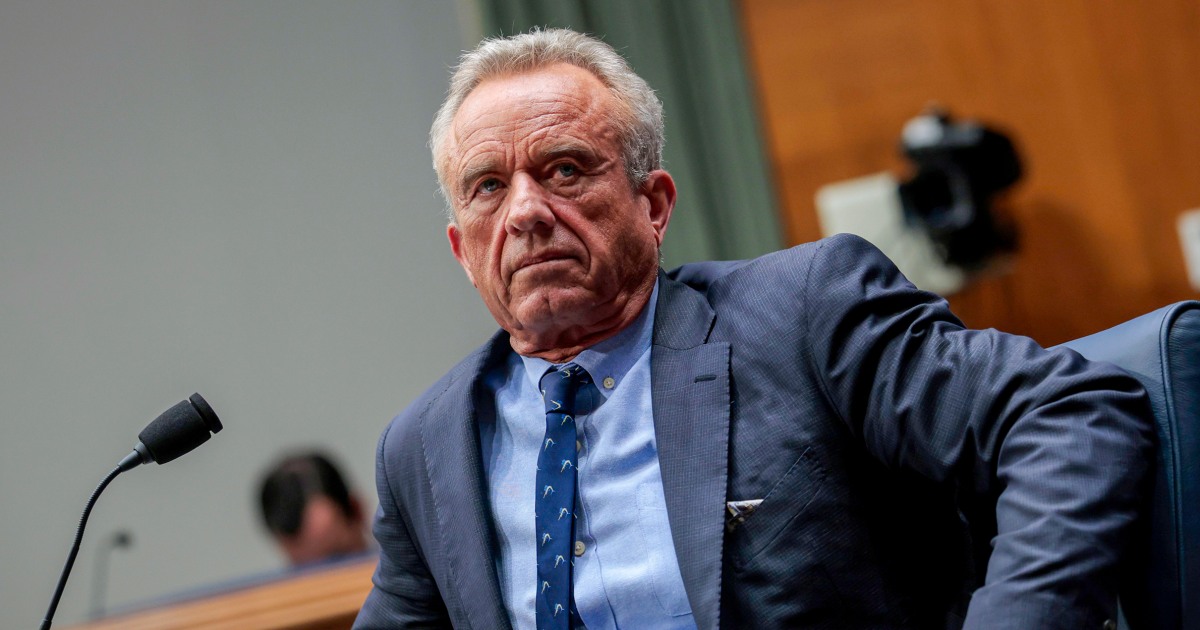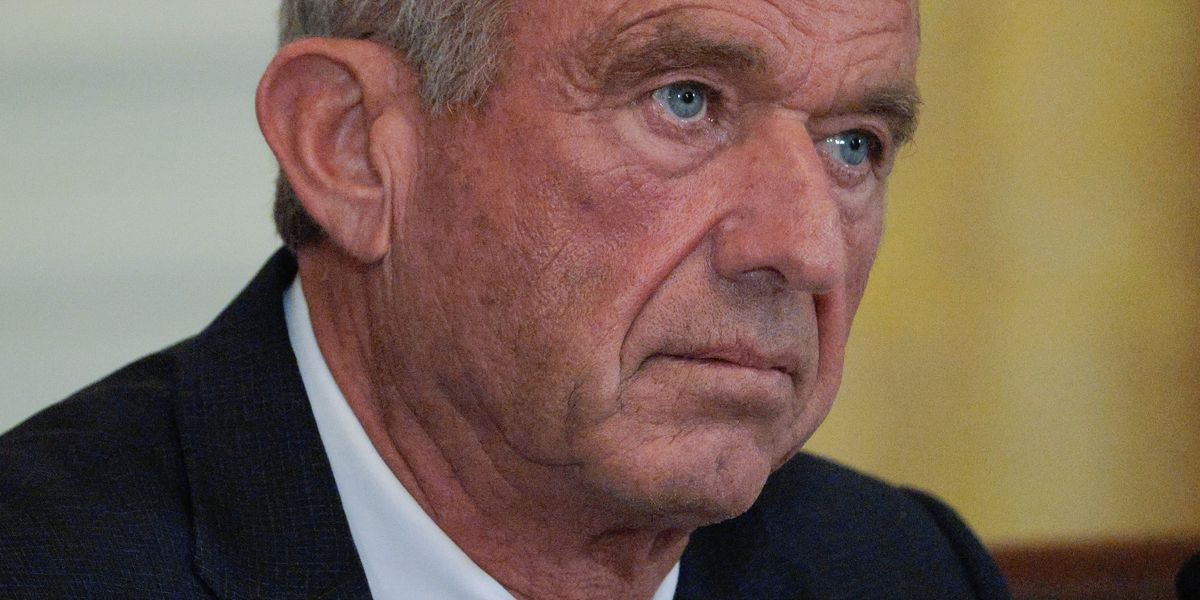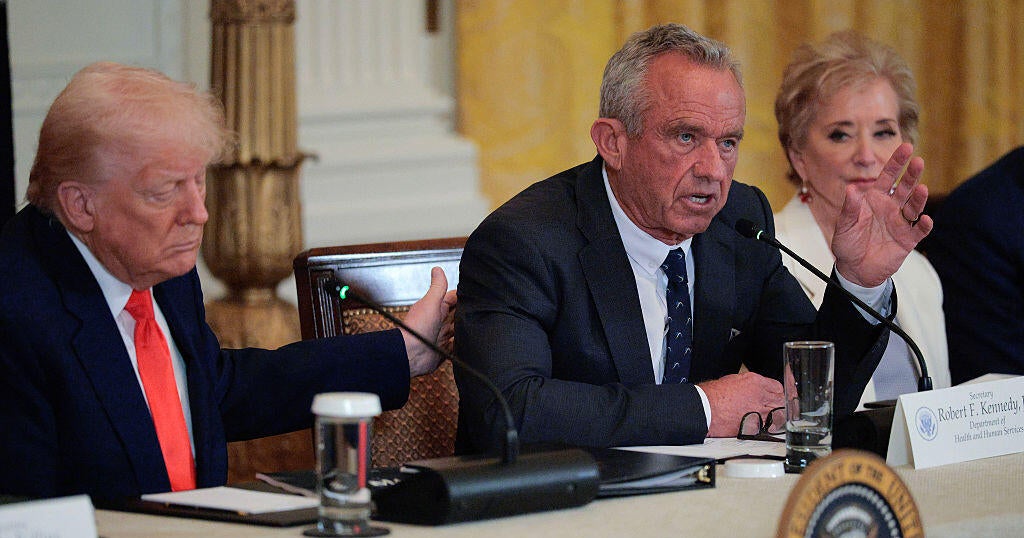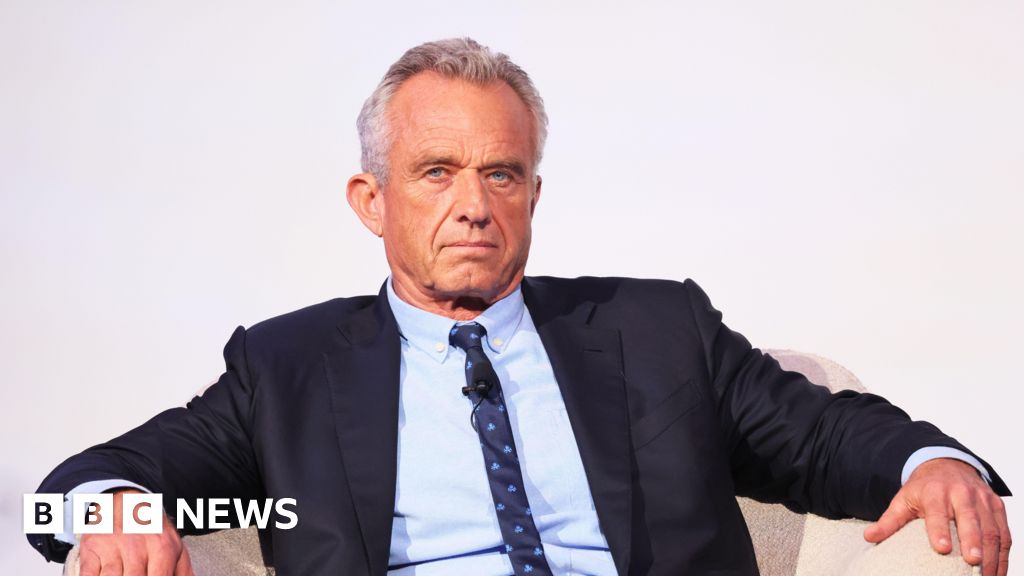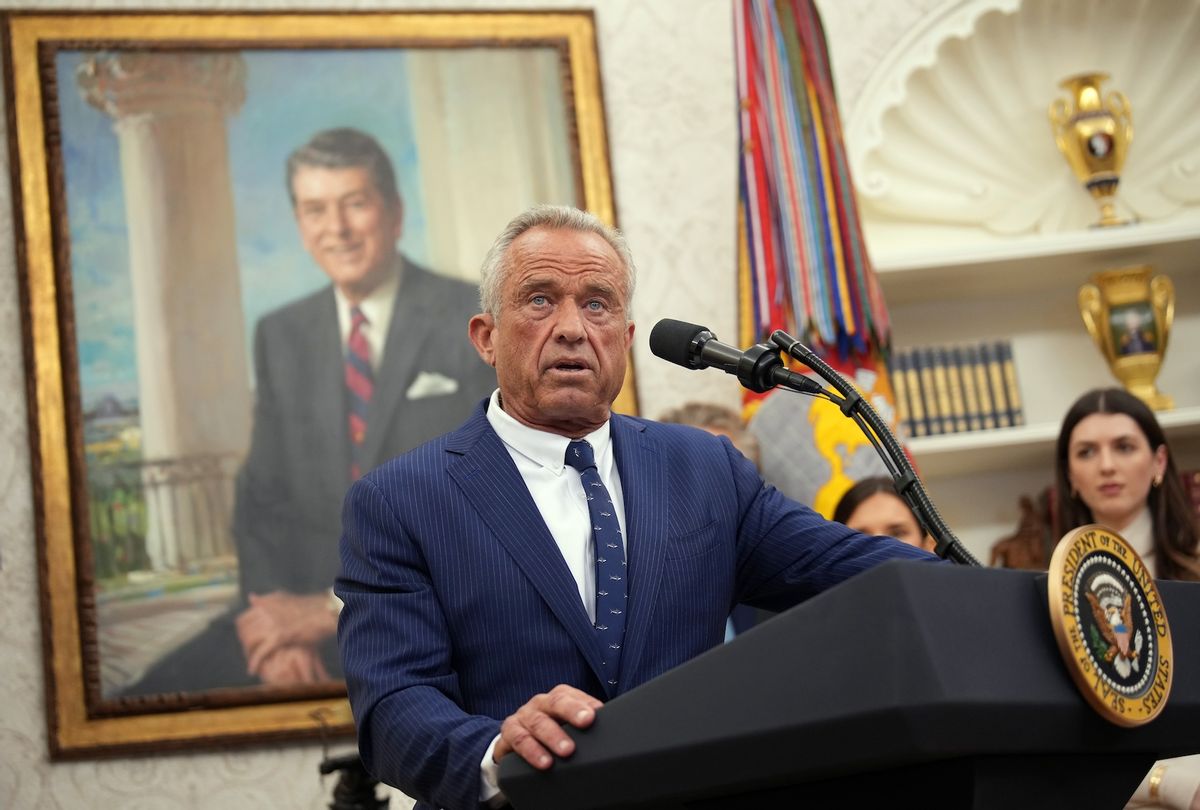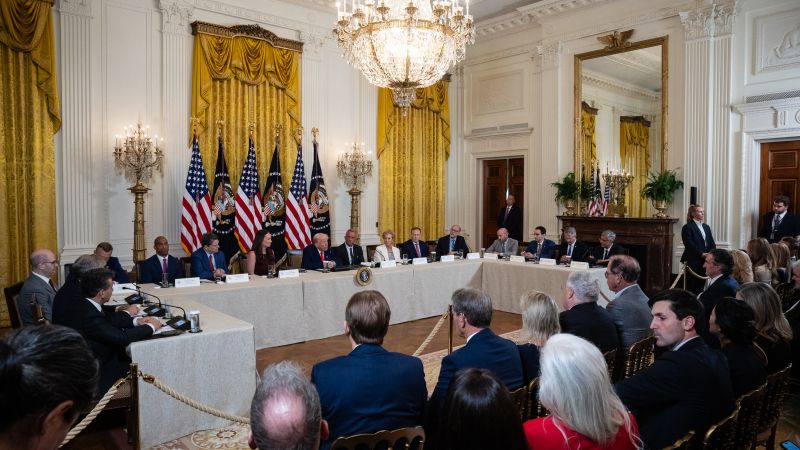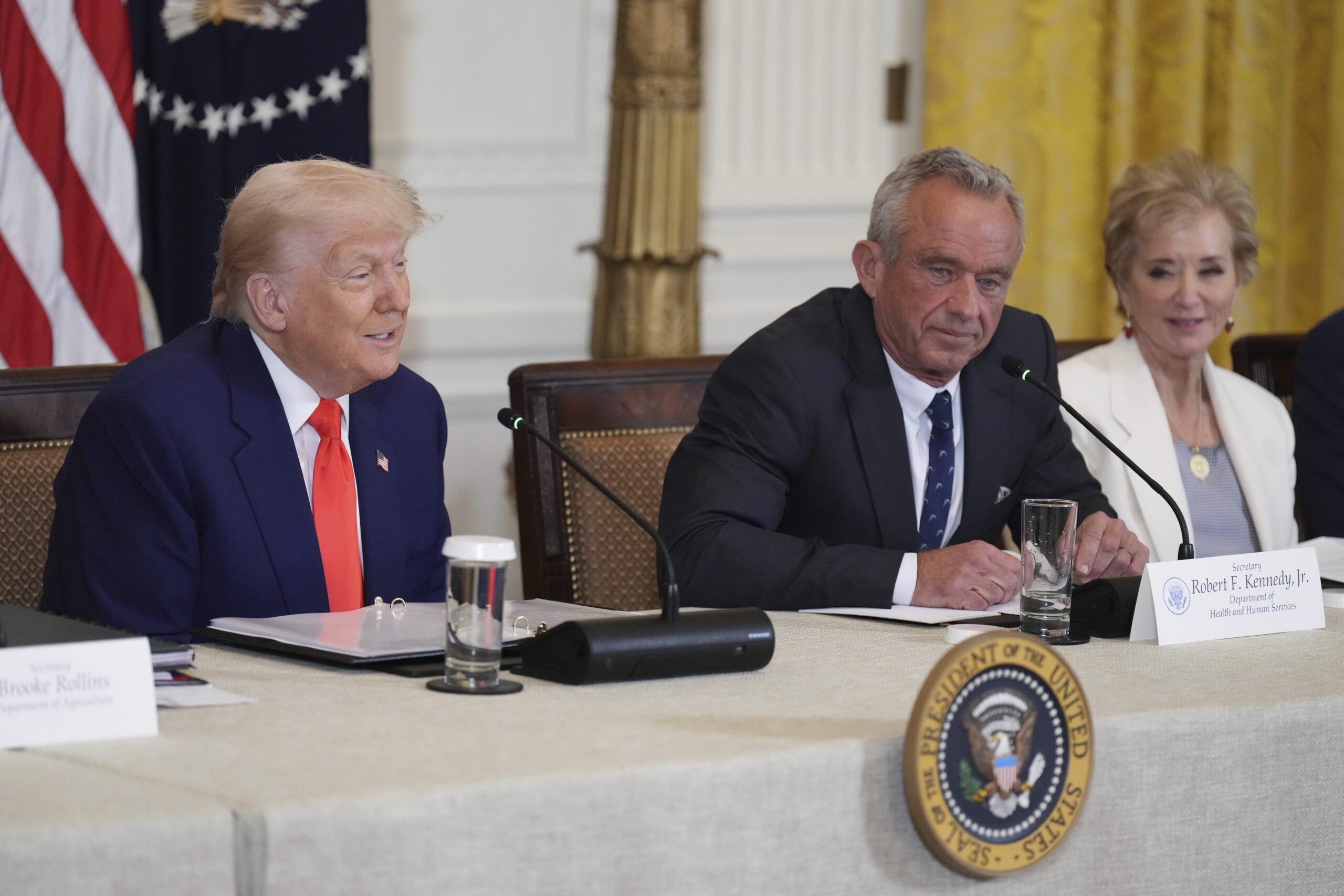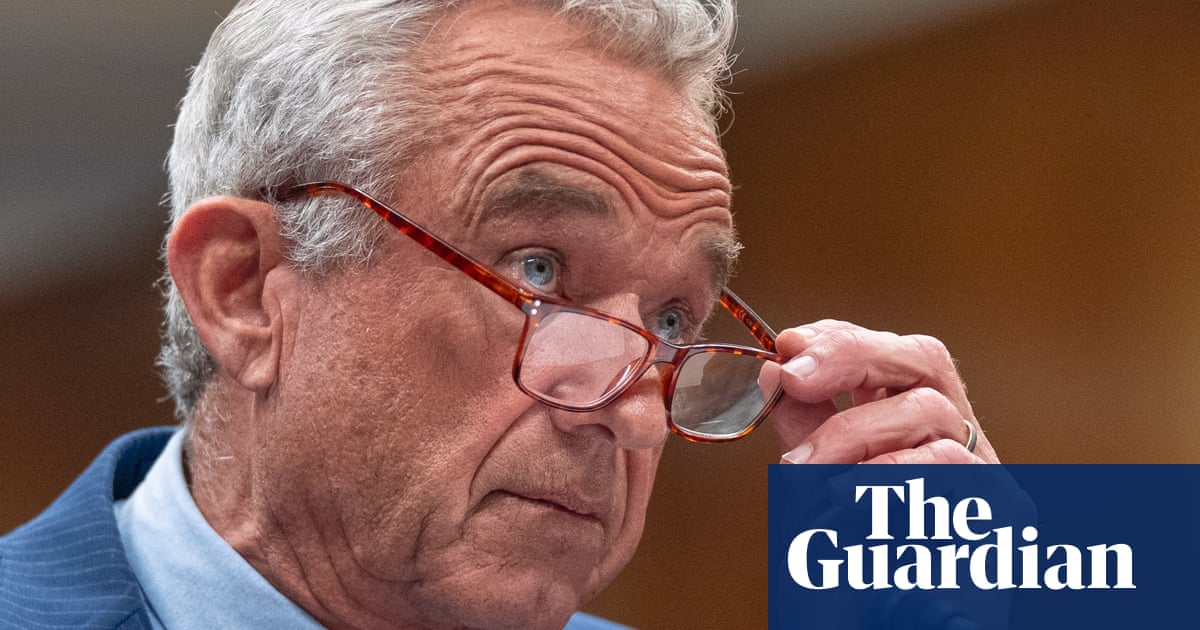White House Updates Controversial 'Make America Healthy Again' Report Amid Citation Scandal
The White House has amended Robert F. Kennedy Jr.'s report after an investigation revealed multiple false citations, raising concerns about its scientific integrity.
Overview
The White House has corrected several citations in Robert F. Kennedy Jr.'s 'Make America Healthy Again' report, which previously cited non-existent studies. Following an investigation by NOTUS, it was revealed that seven citations referenced papers that do not exist, including a supposed study on adolescent mental health. The report, which critiques children's health issues and seeks $500 million in funding, has faced scrutiny for its scientific rigor and accuracy. Critics, including public health experts, have raised concerns about the report's conclusions and the lack of input from medical professionals.
Report issue

Read both sides in 5 minutes each day
Analysis
- The articles criticize reports on children's health from Secretary Kennedy and the Trump administration, questioning their credibility and accuracy.
- Concerns are raised about the use of non-existent studies and errors in citations, undermining the reports' scientific rigor.
- Overall, the tone is negative, reflecting skepticism about the government's approach to addressing children's health issues.
Articles (21)
Center (7)
FAQ
The White House amended Robert F. Kennedy Jr.'s report by correcting several citations that had referenced non-existent studies, particularly removing or replacing citations for papers that did not exist, including a supposed study on adolescent mental health.
The investigation was conducted by the news outlet NOTUS, which revealed that seven citations referenced papers that do not exist.
The report focuses on childhood chronic disease, addressing issues such as poor diet, exposure to environmental chemicals, lack of physical activity, stress, and overmedicalization. It lists recommendations for research, nutrition, lifestyle interventions, and precision toxicology, and seeks $500 million in funding for these initiatives.
Public health experts have raised concerns about the report's scientific rigor and accuracy, particularly criticizing the lack of input from medical professionals and questioning the validity of its conclusions due to the presence of false citations.
The $500 million funding request aims to support research, nutrition programs, lifestyle interventions, and other public health initiatives targeting childhood chronic disease as outlined in the report's recommendations.
History
- 5M

 4 articles
4 articles
- 5M

 4 articles
4 articles
- 5M

 3 articles
3 articles
